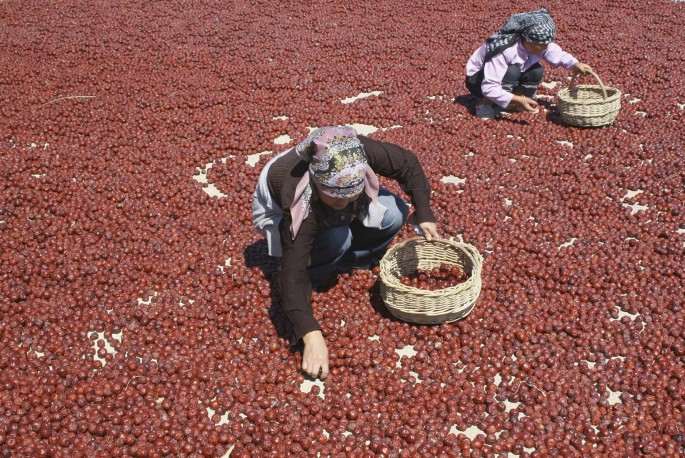Scientists in China have completed the genome sequencing of the Chinese endemic jujube tree, Xinhua News Agency reported.
The completion of the sequencing can help make it possible to develop better-quality jujube fruits, according to the report.
The genetic study, which started in 2010, was mounted by a research team led by Professor Liu Mengjun from the Hebei Agricultural University. The research has yielded fruits such as determining the special genes that can give the tree the ability to withstand drought and high salt in the soil as well as help produce high sugar content in its fruits.
Liu said that researchers utilized ziziphus jujube trees, or winter jujubes, to sequence 438 megabases of their genome. They documented more than 32,000 jujube genes.
The professor said that the genetic mapping program has elevated China's research in fruit-tree genomics to the world's first-class level.
China has 99 percent of the world's jujube plantations, the tree being indigenous to the country. About 20 million Chinese farmers earn their living from growing jujubes.
Research on the plant's fossils and cultural relics show that jujube trees were grown and used as far back as 7,000 years ago. Customarily, Chinese people eat dried jujube fruits or red dates as snacks.
Jujubes can survive at a range of temperatures, withstanding winters as cold as -15 degrees Celsius, which ensures the viability of growing them in mountains and desert regions.



























